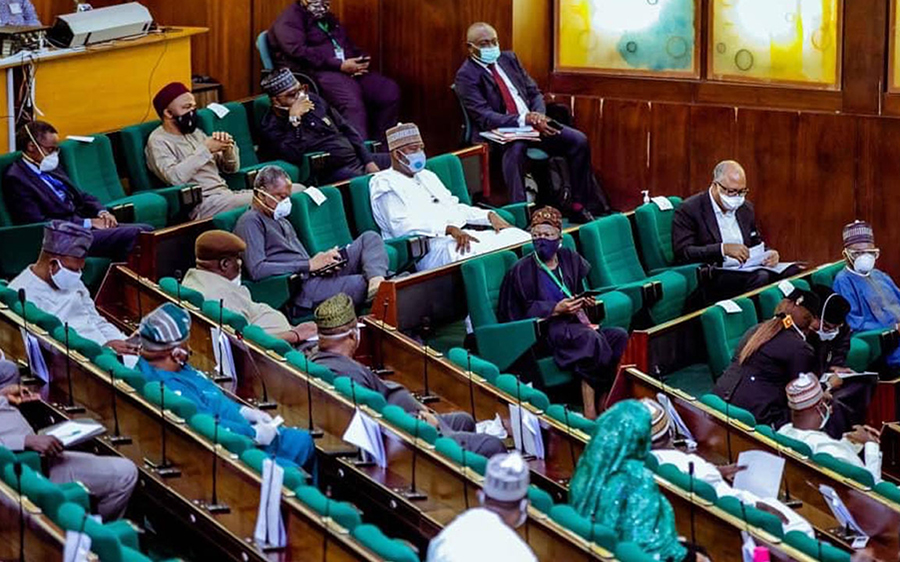

Sequel to the impact of the pandemic on the African continent and the rising level of indebtedness by most of the countries in the continent, the Conference of Speakers and Heads of African Parliaments (CoSAP), have deliberated on strategic ways by which the external indebtedness of most African countries can be alleviated.
This motive was disclosed in the official formation and maiden launching of the association, which was spearheaded by the Speaker of the Nigerian House of Representatives, Femi Gbajabiamila. The members of the group are Tagesse Chafo; Speaker, House of Peoples, Ethiopia, Aaron Oquaye; Speaker of Parliament, Republic of Ghana, and Justin Muturi; Speaker, National Assembly, Kenya.
Besides seeking debt relief for African countries, the group also mooted the idea of improving its oversight functions over loan approvals, in order to ensure judicious utilization of loans in their respective countries.
Backstory
Sources had earlier reported that Africa’s public debt has doubled to nearly half of its economic output since 2008, making 20 out of the 54 African countries nearly or perfectly distressed.
What this means
Granting debt relief to highly indebted African countries can play a vital role in combating poverty and inequality. It will literally free up funds that were supposed to be used for debt servicing to a more productive and beneficial cause, such as building roads, schools, welfare programmes, etc.
Why this matters
The need for debt relief for highly indebted African countries is premised on the social welfare consideration rather than economic motives for the developed countries. The human face or consideration of this indebtedness can go a long way to stabilize vulnerable African economies.
Corroborating this is a statement by the Special Adviser on Media and publicity to the Speaker of Nigerian House of Representatives, Lanre Lasisi, made available to Punch. He noted that CoSAP was formed to moot the idea of debt relief, due to the shared concern over the socio-economic effect of COVID-19 on African countries.




